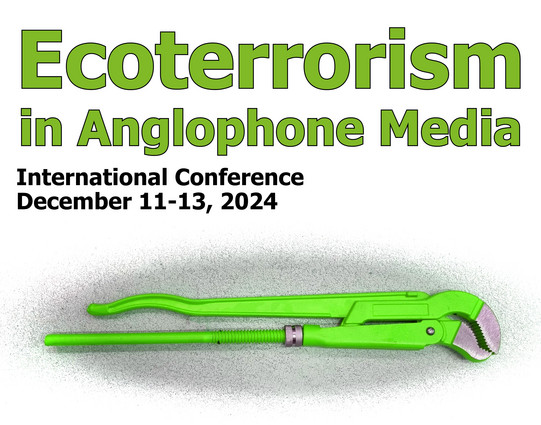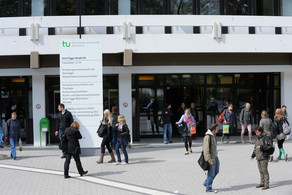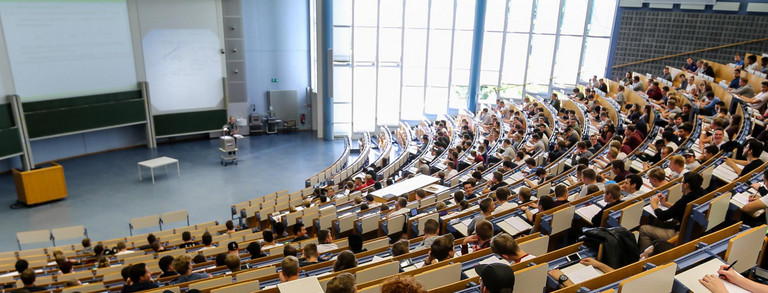
We are witnessing a growing number of ongoing climate protests around the world, and their intensity is on the rise. They take various forms, ranging from demonstrations and public gatherings to symbolic interventions (splashing artworks in museums), infrastructural disruptions (gluing hands to roads), and territorial occupations (organizing sit-ins and blockades against extractive coal mining or deforestation). Despite their largely peaceful nature, some contemporary protests have been described in terms of “ecoterrorism,” associating their disruptive effects with a particular form of public violence and placing them in a messy historical continuum. The use of violence against property and human beings in the pursuit of an environmentalist agenda has been a highly contentious issue in local and transnational ecological movements until today, and it is one that relates to numerous other, long-established ethical and political debates on civil disobedience, individualism, imperialism, or anarchism.
Historically, ecoterrorism, along with related terms like ecological sabotage (“ecotage”) and “monkeywrenching,” emerged as a political category in the 1970s. This happened to no small extent in US-American fiction, which highlights the relevance of an imagination of ecoterrorism, in the sense of cultural representations of practices that pursue an environmentalist agenda by violent and/or illegal means. This imagination is highly relevant in shaping a broad cultural understanding of what constitutes ecoterrorism at all, as well as in shaping ethical, political, and even legal responses to it on local, national, and transnational levels. As most academic approaches to the issue have overwhelmingly focused on its legal and political implications, it is imperative to add anglophone cultural studies to these perspectives in order to recuperate and emphasize this imaginative aspect. This conference appropriates the contested term of “ecoterrorism” to discuss the aesthetics, ideologies, politics, symbolic values, historical developments, affective modes, and media-specific characteristics of ecological protests and their representation and imagination.
The conference venue is IBZ, Emil-Figge-Straße 59. No registration necessary. The conference is free and open to the public. All are welcome!
Conference organizers: Sascha Pöhlmann (sascha.poehlmann@tu-dortmund.de) & Burak Sezer (burak.sezer@tu-dortmund.de)
Conference program
(Download the program as a PDF here.)
Wednesday, December 11
6 p.m., opening keynote followed by a reception:
Keith Mako Woodhouse (Northwestern): "Ecoterrorism at the Gate: The Recent History of an Idea"
Abstract: Ecoterrorism is an ambiguous and amorphous term, and this talk will try to identify three overlapping phases of its recent history. First, from the 1960s to the early 1990s, during which terms like “environmental terrorism” and “ecocide” referred primarily to the actions of states during times of war. Second, from the 1970s to the early 2000s, during which “ecoterrorism” came to connote activism pursued in defense of the natural world. Third, from the 2000s to the present, during which ecoterrorism was increasingly associated with climate change. Across these decades the idea of ecoterrorism was shaped not only by policy and activism but also by literature and film, and it shifted in terms of direction (who was doing what against whom or what?) and in terms of meaning (what does “terrorism” mean, and, just as crucially, what does “eco” mean?).
Keith Woodhouse is an associate professor of history at Northwestern University and the author of The Ecocentrists: A History of Radical Environmentalism. He directs the Environmental Policy and Culture Program as well as the Environment, Culture, and Society graduate cluster.
Thursday, December 12
9:00: Sylvia Mayer (Bayreuth): "On the Radicalization of Environmental Activism: A US-American Literary Profile"
coffee break
10:00: Madeline Becker (Rostock): "(Re-)Thinking Urban Mobility Infrastructures through their Disruption by Environmental Protest Groups"
10:30: Roman Meinhold (Salaya): "Seek and Destroy: The Mediation of Symbolic Destruction. An Aesthetic Assessment of Ecotage in Anglophone Media"
11:00: Aylin Walder (Cologne): "Eco-Terror as Violence against Non-Human Nature and Indigeneity: Fantastic Reflections on the Terracene and Chthulucene in Avatar (2009), Avatar: The Way of Water (2022) and Game of Thrones (2011-2019)"
lunch break
13:00: Christian Quendler (Innsbruck): "Interventions and Reinventions of Ecoterrorism in US Film Culture"
coffee break
14:00: Mark Schmitt (Berlin): "'Can God Forgive Us for What We Have Done to His World?' Ecoterrorism, Ahuman Aesthetics and Transcendence in Paul Schrader’s First Reformed"
14:30: Hamid Masfour (Beni Mellal): "Representing Ecoterrorism in Hollywood Movies: The Cases of The East (2013) and Night Moves (2013)"
15:00: Dele Maxwell Ugwanyi (Enugu): "Ecoterrorism: Cinematic Representation of the Environment in Nollywood Films"
coffee break
16:00: Rüdiger Heinze (Braunschweig): "Nature Strikes Back: Ecological Terrorism in Fiction & Film"
16:30: Gianluca Calio (Frankfurt): "'None of them knows about floods or anything about the rivers': Monstrous Ecoterrorism in Michael McDowell’s The Flood and The Levee"
Friday, December 13
9:00: Moritz Ingwersen & Anja H. Lind (Dresden): "From Ecoterrorism to Ecotopia – Radical World-Making in North American Speculative Fiction"
9:45: coffee break
10:00: James Hastings (UC Louvain): "The Ambiguous Ethics of Ecotage in Kim Stanley Robinson’s Antarctica (1997)"
10:30: Sarah Marak (Erlangen): "“Eco-terrorism,” Post-9/11: Speculation, the Green Scare, and Michael Crichton’s State of Fear"
11:00: Una López-Caparrós Jungmann (Cologne): "Elemental Ecoterrorism in Louise Erdrich’s Tracks – Human–Non-Human Collaboration in Environmental Violence"
lunch break
13:00: Daniel Stein (Siegen): "The Pop Aesthetics and Serial Politics of Comic Book Environmentalism; or, Is Ra’s al Ghul an Ecoterrorist?"
coffee break
14:00: Christian Lenz (Dortmund): "Green Rising: Terror(ism) of the Other"
14:30: Alexandra Galley (Cologne): "From Captain Planet to Thanos the Destroyer: Tracing a Hostile Shift Towards Environmental Activism in American Superhero Media"
15:00: coffee break
15:30: Natalie Zwätz (Konstanz): "'Graves at my command' – Atmoterrorism in Shakespeare’s The Tempest"
16:00: Adrian Döring (Würzburg): "Their Machines Will Rust: The Grammar of Ecopolitical Violence in Blackened Crust"
16:30: wrap-up







